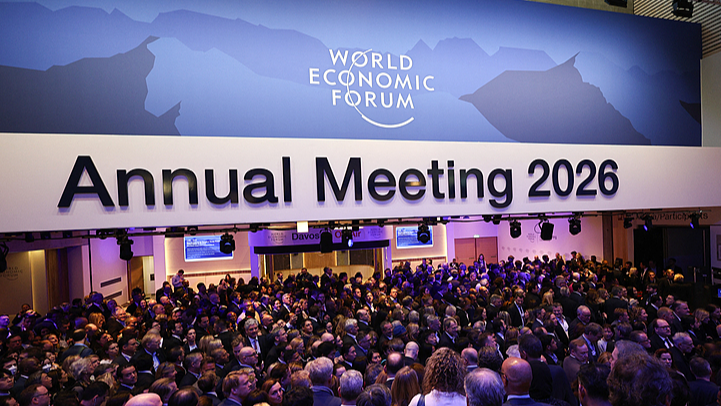🌍 Is capitalism hitting a breaking point? Ruchir Sharma, the chair of Rockefeller International, believes it's time to ask some tough questions. In a recent article for the Financial Times, Sharma highlights the \"clear and present\" crisis of capitalism that's shaking up our world.
He points out that overactive governments are amplifying capitalism's biggest flaws: slower growth and unfair distribution of wealth. \"Capitalism's premise—that limited government is essential for individual liberty and opportunity—hasn't been put into practice for decades,\" he says. 😕
Sharma emphasizes that for capitalism to really work, there needs to be a level playing field where newcomers and small businesses can challenge the big players. But instead, industries are becoming more concentrated, and many U.S. towns rely on just one big employer. 🏭
Did you know that before 1980, Americans were twice as likely to move between states and 25% more likely to switch jobs within the same industry than they are today? 🚗🧳 That's a huge shift in how people chase opportunities.
Income inequality is growing, but it's not just about CEOs making the big bucks anymore. Since 2000, the rise of \"superstar\" companies like Google means that all employees at these giants earn more than their peers at smaller companies. 💻💰
Sharma also notes that capitalism might be struggling even more in Europe, where government interventions have led to slower growth in productivity and incomes compared to the U.S. But here's the plot twist: under President Joe Biden, the U.S. might be swapping places with Europe. 🇺🇸➡️🇪🇺
\"Today's policymakers are status quoists, indulging the same old impulse to rescue, regulate, and spend, and hoping for better results,\" he says. \"Instead, they are likely to get the same results: gravy days for markets and billionaires, not society as a whole.\" 🤑
It's a wake-up call for all of us to rethink how our economies work and who they're really working for. What do you think—is it time for a new approach? 🤔
Reference(s):
Rockefeller International chair Sharma: capitalism is in crisis
cgtn.com




